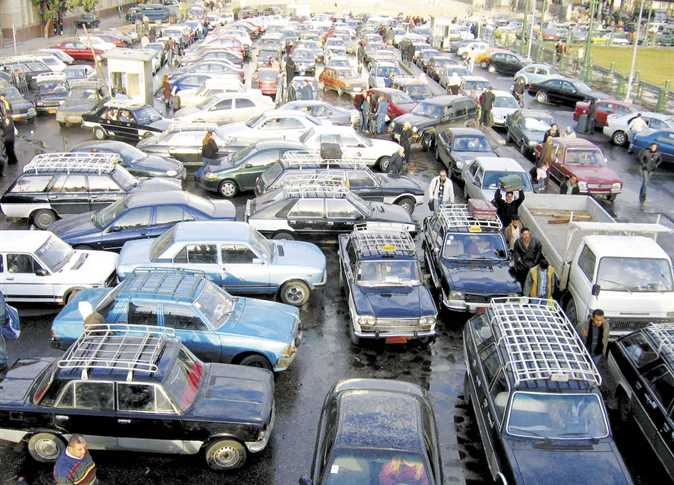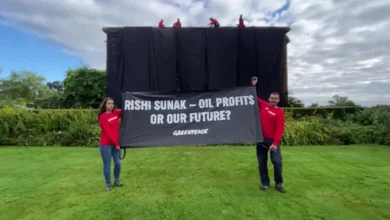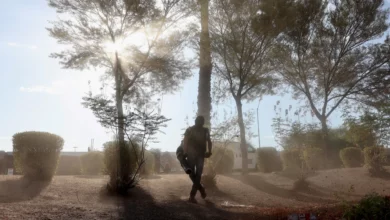
The World Bank praised Egypt’s reduction of Greenhouse Gas (GHG) emissions thanks to the Vehicle Scrapping and Recycling program.
The program resulted in a reduction of 310,000 tons of CO2 emissions between 2013 and 2017. By the end of 2018, CO2 reduction is anticipated to reach 350,000 tons, the World Bank said in a report.
Around 45,000 taxi drivers turned in their vehicles for scrapping and recycling, in return for new upgraded cars. The “Egypt Vehicle Scrapping and Recycling program’’ was launched by the government to minimize air pollution through the reduction of harmful gas emissions coming from outdated (sometimes over 40 year old) taxis in Cairo.
Cairo was the source of 40 percent of Egypt’s GHG transport emissions. GHGs, including CO2, trap heat in the atmosphere, causing temperatures to rise and are accompanied by harmful air pollutants that result in respiratory infections, heart disease, and cancer. A significant amount of those emissions was attributed to the 45,000 taxis in the governorate’s fleet that were removed from the streets of Cairo.
In efforts to protect the environment from air pollution caused by the aging vehicle fleet, a new traffic law was adopted in 2008, mandating that fee-based transport vehicles, including taxis and microbuses, that are over 20 years of age would no longer be eligible for a new operating license or license renewal.
However, the lack of a clear vehicle scrapping and disposal mechanism slowed the law’s enforcement.
The new taxis replacing the outdated cars were purchased from a number of pre-registered vehicle dealers at a discounted price and with financing facilities.
The government requested the World Bank’s support for the program through the Bank’s Carbon Partnership Facility (CPF). The facility operates in accordance with the United Nations Framework Convention on Climate Change (UNFCCC) treaty which aims to decrease global pollution by putting a cap on the amount of GHGs that developed countries are allowed to emit.
Edited translation from Al-Masry Al-Youm




